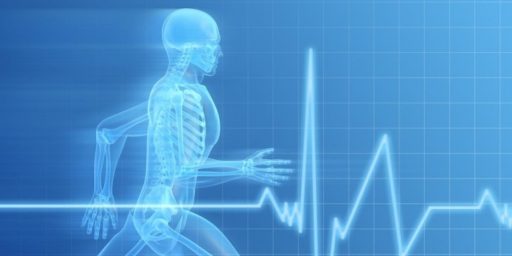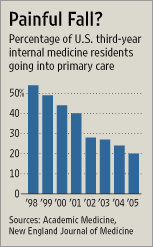Is the Atkins Diet Dangerous?
According to a study in The Lancet, the Atkins diet can cause a disease that puts people into a coma. Interestingly, though, they only studied one person.
The popular Atkins diet could be linked to a life-threatening complication which one woman who claimed to be following it developed, according to doctors who published a case report on it Friday in a British medical journal. The Atkins diet calls for restricting carbohydrates to achieve weight loss, then gradually adding them back in. However, many people who say they’re following the diet actually eat large amounts of protein and fat.
Doctors from New York University wrote in The Lancet journal of a 40-year-old woman who developed a dangerous condition called ketoacidosis, a dangerous buildup of acids called ketones in the blood which can lead to patients falling into a coma.
However some outside experts said the case is rare and does not reflect a major health threat associated with low-carb diets.
“I think this is an isolated case. The idea that serious ketoacidosis could be triggered by a low-carb diet does not happen very often,” said Dr. Paul Clayton, president of the forum on food and nutrition at the Royal Society of Medicine in London.
If an student in my Intro to Political Science course handed in a report trying to draw generalizable conclusions from a single case study, he’d have gotten an “F.” How in the world does crap like this continue to make prestigious medical journals, when the editors have to realize they will immediately be poorly summarized in the press?
Update (3/18): A couple of commenters have pointed out that the article in question is merely a Case Report, which can be “useful for physicians who need to make a differential diagnosis,” and does not purport to offer “generalizable conclusions.” That makes some sense.
The closing phrase of the original post, “poorly summarized in the press,” was even more apt than I had realized. One would think AP would assign reporters with some modicum of training in medical issues to the health beat. This was not “a study” but rather an after action report on a single case.






Because the Lancet has an agenda. Thus, its acceptance policy also reflects that agenda.
That’s certainly an interesting standard. Perhaps the caption here should be “Atkins Diet puts scientists into coma”.
You are the one who should get the “F,” James. I am glad that you were teaching in a relatively benign subject like Political Science instead of medicine. If you knew anything about medical journals–or if you actually read the Lancet article–you would know that the Atkins “article” was published as a Case Report.
This is fundamentally different than an epidemological or correlative study. The purpose of case reports are to present unusual conditions in a particular case. They do not claim to be public health studies or anything of the sort.
You find Case Reports in virtually every major medical journal and they provide important ways for doctors to learn about unusual medical circumstances. They often lead to correspondance that generates insight into treatment and diagnosis.
To claim that the authors of Case Report were “drawing generizable conclusions from a single case study” is simply wrong and shows your own ignorance about the field of medicine.
“How in the world does crap like this continue to make prestigious medical journals…”
It’s not crap, it’s called a “case study”. These are useful for physicians who need to make a differential diagnosis. They need to know what the possible causes of their patient’s symptons are. Now, thanks to this case study, they know that one possible cause of metabolic acidosis is following an Atkin’s Diet. This allows them to be better prepared when someone comes in to the ER.
any diet is dangerous! quit eating and you won’t die from disease.